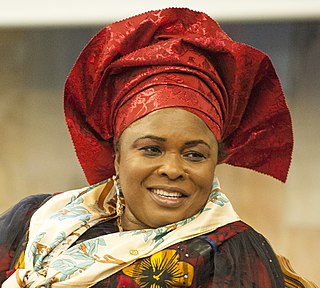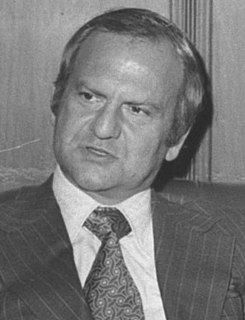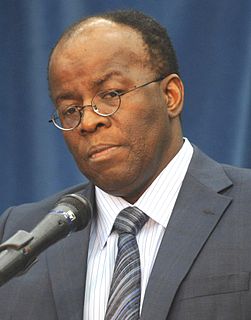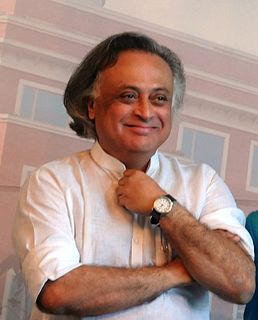A Quote by Bob Barr
The Constitution never even mentions political parties, let alone the Republican and Democratic parties, yet all the election laws help to protect them from competition.
Related Quotes
I think frustration unfortunately, reflects a real breakdown in the political parties themselves, which is fascinating because our constitution did not anticipate political parties. They're not even written in the Constitution, there's no guidelines. When we look at the arcane processes of delegate selection in the primaries and caucuses, it's not in the Constitution. This is all created post Constitution. And yet I think we're in the middle of tensions between and within the political parties. They're not functioning that well.
The people who started the American government, the founders of the Constitution, didn't like political parties but they were forced to start them. Nobody ever created political parties in England, they evolved. And there do tend to be two general tendencies that focus around how much government you think you need.
Actually, I never thought of me being president of Brazil. First of all, I'm not a politician. I never have been, and I think I'm a very unlikely person for this kind of job because of my frankness. I've never dealt with political parties. I have no connections with political parties. So, I don't think so.
Elections in India are not contests between personalities. They are ultimately battles involving political parties; promises and pledges that political parties make; the vision and programmes that political parties bring to the table. So although, Modi's style is 'I, me, myself,' I don't think 2014 elections as a Modi versus Rahul contest.
































